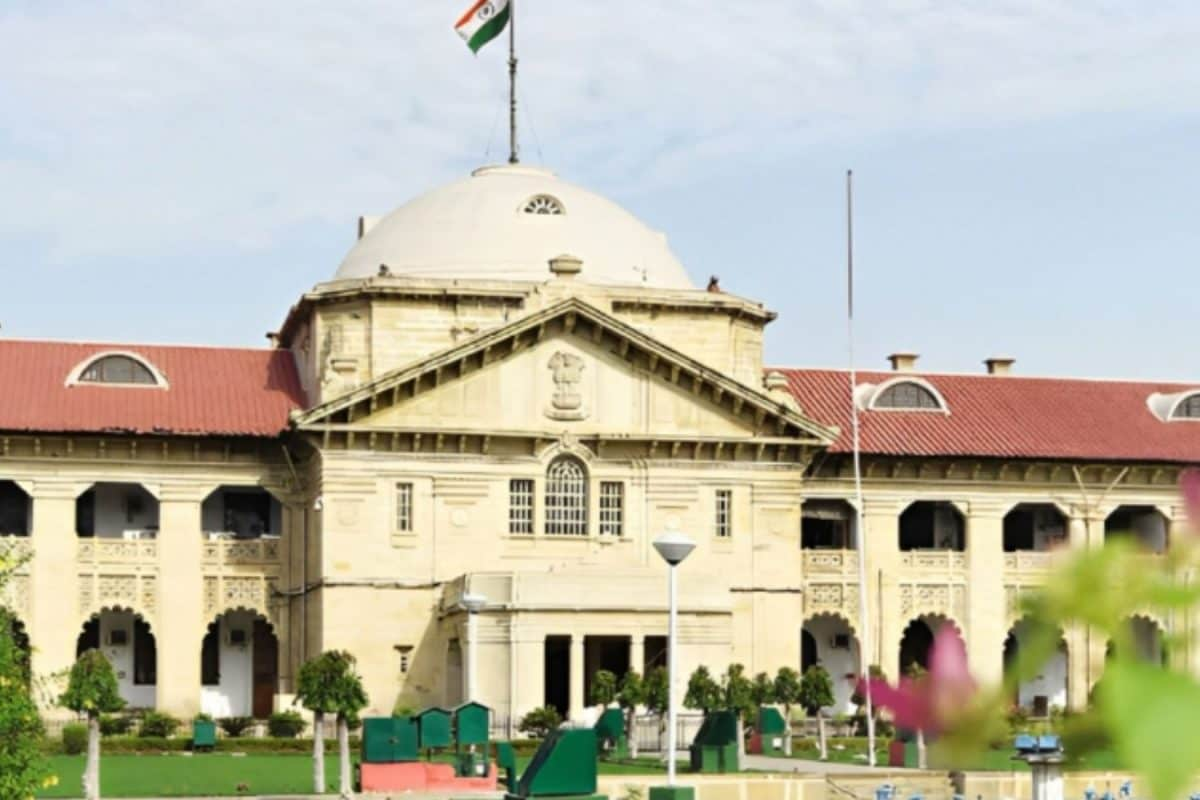

The Allahabad High Court has granted interim bail to a 20-year-old Muslim man accused of impregnating a minor Hindu girl, citing the "peculiar" circumstances of the case. Justice Krishan Pahal's single-judge bench granted the bail, noting the complexities involved.
In a similar case, the Allahabad High Court granted bail to a man accused of luring a 15-year-old girl with a false promise of marriage and subsequently impregnating her. The court stipulated that the man must marry the victim within three months of his release and care for her and their child. Additionally, he was ordered to deposit Rs 2 lakh in the name of the newborn until she reaches majority. The court emphasized the "Presumption of Innocence Unless Proven Guilty" principle, underscoring bail as the norm and jail as the exception.
Conversely, the Karnataka High Court ruled that the Protection of Children from Sexual Offences (POCSO) Act overrides personal laws, deeming a pregnant Muslim minor's marriage invalid. This ruling came while hearing a bail petition from a 27-year-old Muslim man arrested for marrying a 17-year-old girl who was pregnant. Despite this, the court granted him bail, stating he had submitted necessary documents and could provide support to his wife and child.
Differing views exist among courts regarding marriages and relationships involving minors and personal laws. The Karnataka and Gujarat High Courts have previously held that the PCMA Act of 2006 supersedes personal laws in cases involving minor Muslim girls. However, the Punjab and Haryana High Court ruled that puberty and majority are the same in Muslim law, allowing individuals who have attained puberty to marry anyone without guardian interference. The Delhi High Court has also acknowledged that a Muslim girl who has reached puberty can marry without parental consent under Mohammedan Law.
In a related instance, the Orissa High Court quashed a POCSO case against a Muslim man after his marriage to the alleged victim, citing the absence of coercion in their adolescent relationship. The court referenced a prior ruling that emphasized personal reconciliation and provided guidelines for quashing POCSO charges when adolescent romantic relationships lead to marriage.
These cases highlight the intricate legal landscape surrounding interfaith relationships, minor pregnancies, and the application of personal and statutory laws. Courts often navigate these situations with nuanced approaches, balancing individual rights, societal norms, and legal obligations.